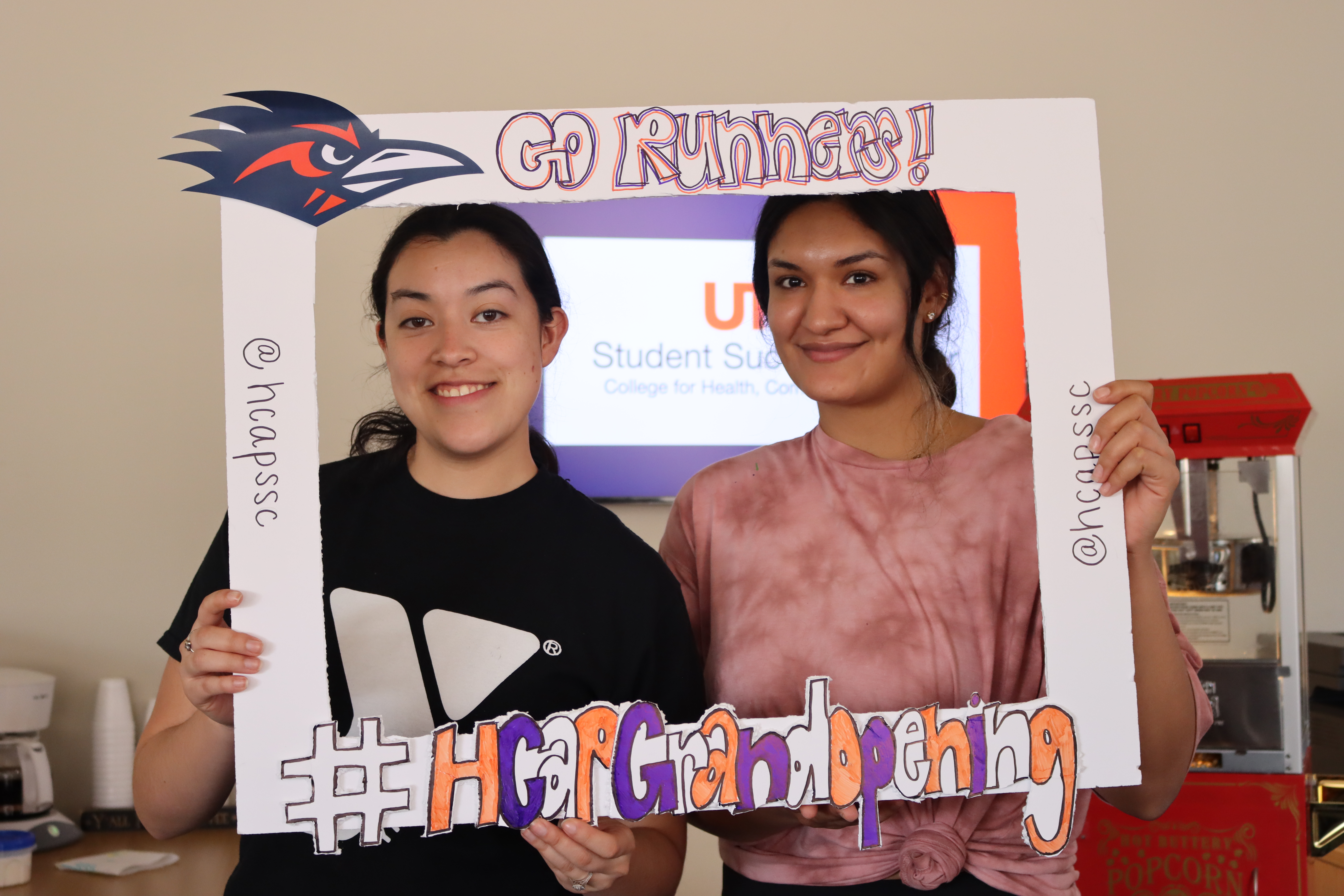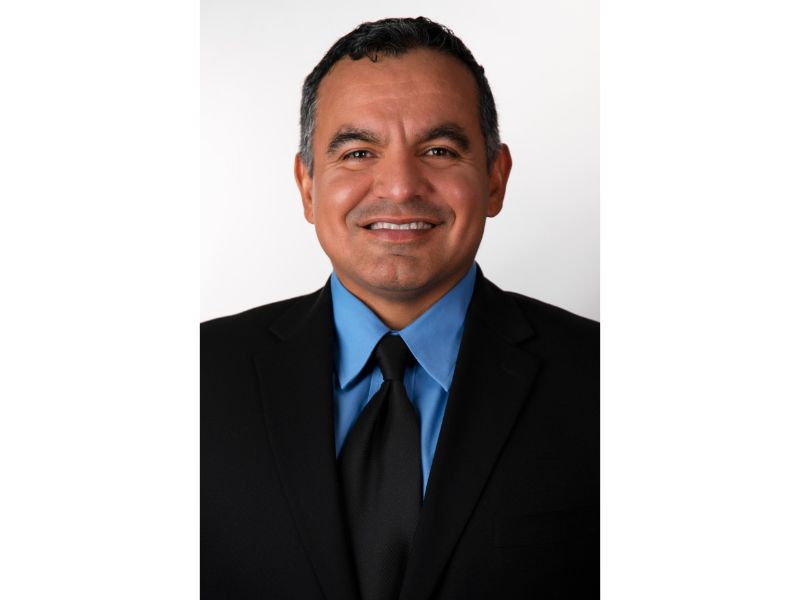Posted on November 1, 2022 by Amanda Cerreto
This article originally appeared in UTSA Today.
NOVEMBER 1, 2022 — Alberto Cordova , associate dean for undergraduate student success in the UTSA College for Health, Community and Policy (HCAP) was awarded a five-year, $3M grant from the U.S. Department of Education to improve student success rates at UTSA.
 The Title V funding, called La Reforma FRoM COVID-19 to Graduation, will enable HCAP to provide students with financial fluency, improved mental health and well-being, and will increase persistence and retention rates, particularly among UTSA's Hispanic population.
The Title V funding, called La Reforma FRoM COVID-19 to Graduation, will enable HCAP to provide students with financial fluency, improved mental health and well-being, and will increase persistence and retention rates, particularly among UTSA's Hispanic population.
"Student success and well-being go hand-in-hand," Tammy Wyatt , vice provost for student success, said. "At UTSA, we have adopted a comprehensive and holistic approach to supporting our Roadrunner community to help students build a foundation for healthy living and academic success. I am excited about the additional opportunities this funding will allow us to explore."
“The funding from the U.S. Department of Education will help HCAP launch many programs to improve students' experiences while at UTSA.”
The grant comes at a perfect time, as the university and the HCAP student body work to move beyond the COVID-19 pandemic.
When it entered the post-pandemic phase of education, UTSA identified three key barriers to student success: financial management, mental health and academic performance. Students — particularly first-generation students — indicated that lack of experience and resources left them unprepared to balance family, work and school demands.
 Moreover, many students experienced exacerbated mental health conditions, including symptoms caused by stress from financial difficulties and family dynamics, hunger and other acute crises prompting increased feelings of hopelessness during the pandemic.
Moreover, many students experienced exacerbated mental health conditions, including symptoms caused by stress from financial difficulties and family dynamics, hunger and other acute crises prompting increased feelings of hopelessness during the pandemic.
Through this grant, HCAP and the university plans to supplement and strengthen services specifically for at-risk students by implementing three programs designed to address each key barrier.
“The funding from the U.S. Department of Education will help HCAP launch many programs to improve students' experiences while at UTSA and their prospects of finishing the degree program, with the necessary skills to succeed in their careers,” said Lynne Cossman , dean of HCAP. “We are very proud of Dr. Cordova for landing this funding and look forward to scaling HCAP's programming to benefit all UTSA students by the end of the grant's funding period.”
To address students' financial management skills, HCAP will build and offer a series of financial fluency sessions that progressively build on previous content so that students can move from financial literacy to fluency.
As part of this series of courses, the college and UTSA will identify financial ambassadors: undergraduate, paid part-time wage earners with the responsibility of reaching out to peers and connecting them with relevant services. For example, ambassadors may be placed at the UTSA’s Whataburger Resource Room, a key touchpoint for students in need of support.
In addition to the financial fluency sessions, HCAP plans to bolster UTSA's mental health efforts by bringing additional well-being and mental health training to students. Although there are more than 100 individuals at UTSA who have completed Mental Health First Aid training, the majority are administrative and/or advising personnel. By bringing this training to students, the university is more likely to reach students in need.
The final aspect of the grant funding will address academic support to increase retention. The college plans to re-engage “stop-out” students caused by the pandemic by increasing support via peer mentors and tutors, well-being certification counseling and data tracking.
“This grant will allow us to draw on our experiences and expertise to further serve our students,” said Cordova. “This grant will continue the collaborative work we invest in our students to help them thrive.”

